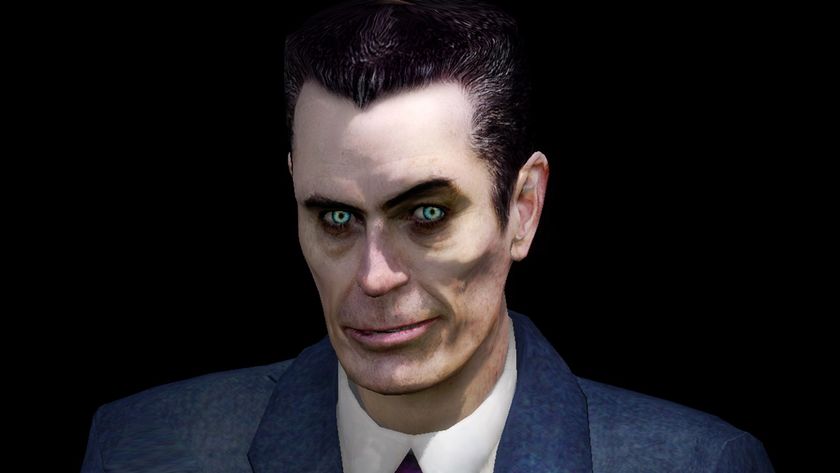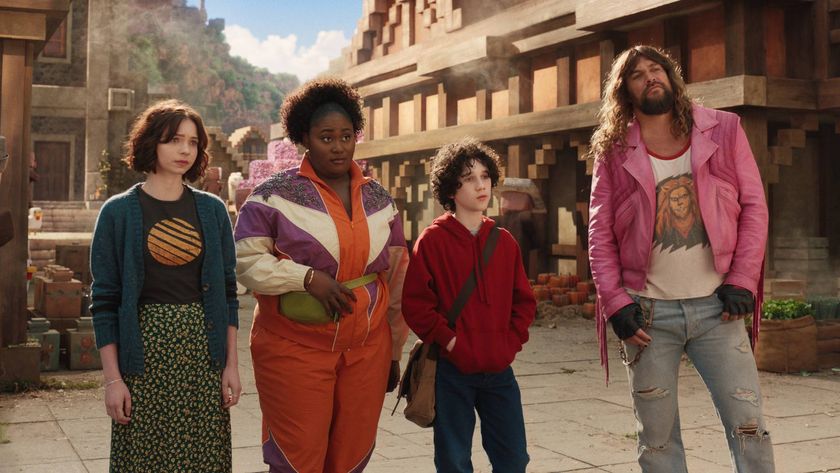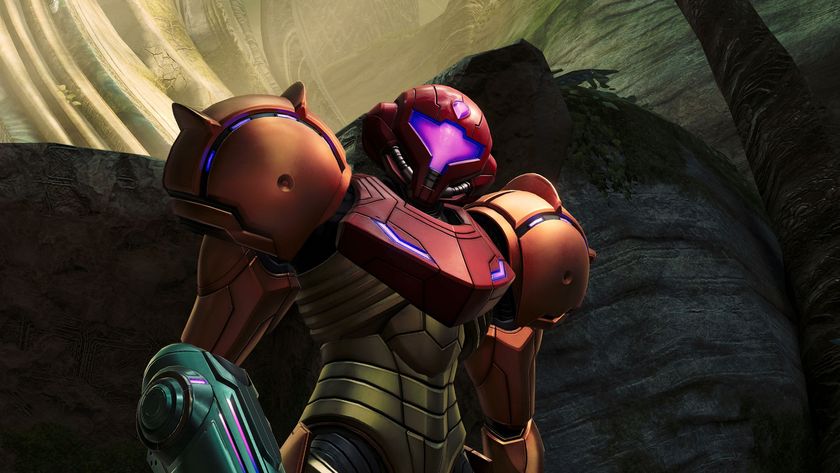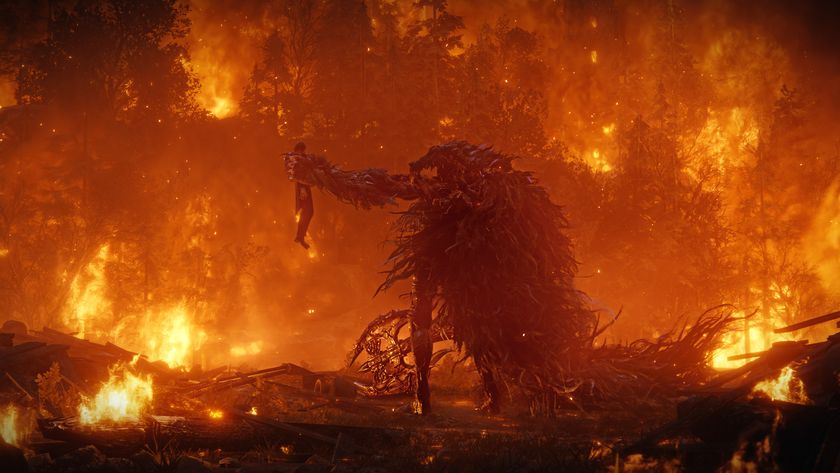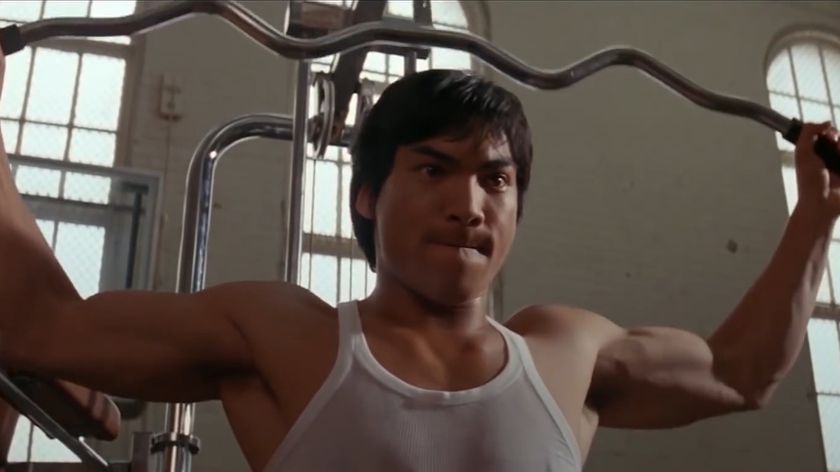Metro: Last Light preview - 6 reasons it's the antidote to Call of Duty fatigue
Suffering from CoD burn-out? Try a palate-cleanser of bleak Russian horror
It's scripted when necessary, not by default
Having been heartened by all of this talk of emergent, player-driven gameplay, I was doubly perturbed by the actions a rather robotic-looking winged beastie during a particular street-level battle. It wasn’t the general flapping of leathery wings and overall aura of hellspawn misadventure that bothered me. It was the fact that towards the end of the encounter said creature started behaving less like a venomous airborne agent of Hell’s dark bowels and more like a plastic pterodactyl being puppeteered on a string.
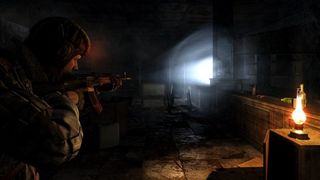
After the designated amount of damage had been soaked up, it conspicuously flew over to a a long-range vantage point, hovered there until Artyom moved himself into the designated prey zone, and then swooped in for a very designated, very scripted grab, lift and drop manoeuvre. Before buggering away off into the sky, trying desperately hard to act all natural, like a cheap soap actor awkwardly trying to fudge their way through a hidden camera show.
Naturally I felt compelled to ask about this. Was it a sign of the kind of oft-seen heavy scripting supposedly at odds with all that Metro seems to stand for? Was there to be a helicopter fireball rain shower chapter later on, consisting mainly of 20 minutes spent watching Artyom shield his face as a barrage of inexplicable choppers tumble from the sky? No, as it turns out. You see what I’d witnessed, while par for the course of many AAA shooters, was apparently an early version of what will be a much more organic-feeling incident in the final game.

While Metro follows a linear narrative, the emphasis is very much on player-driven exploration, discovery and combat. This isn’t a funnelled tunnel-shooter experience, regardless of the presence of a great deal of literal tunnels and quite a bit of shooting. Metro is a game in which you make your own decisions, come up with your own solutions, and live with the consequences. Softening that hardcore freedom with casual-friendly hand-holding? There will be none of it. Just an initial introduction to the way Metro works, and then away you go. Metro’s devs are proud, almost defiant about the game’s lack of safety nets and baby-sitting procedures, and frankly that makes me want to hug each and every one of them individually until it gets a bit awkward.
And as for the tools you’ll have at your disposal for creating those solutions…
Different weapons actually make for different gameplay
You know the dullest thing about a lot of modern shooters? The actual things you shoot with. You’d think that by now devs would have realised that including 20 different machine guns with no meaningful functional differences between them is a bit of a waste of the weapon modellers’ time. Throw as many firing-rate and recoil stats around as you like. Compare CoD and Battlefield’s ‘realistic’ military line-ups to Quake’s plasma rifle, railgun and rocket launcher and you’ll soon see what I mean by ‘meaningful’. Seriously, if there’s going to be so little shift in the gameplay with each new weapon pick-up, the artists might as well save some time, stick a default banana model in the right-hand corner at all times and be done with it.
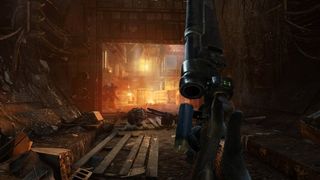
In Metro though, there are only going to be about four standard, real-world guns. The rest of its arsenal will comprise of a weird and eclectic array of home-made, bodged-together creations, covering a wide and heady mix of death-implementation abilities. And the best bit? The intention is to make them so alien that you’ll have to work out what to do with them for yourself. As we were told, in terms of the kind of experience Metro is trying to evoke, “it’s quite important that you pick up this contraption and aren’t quite sure how to use it”.
Sign up to the GamesRadar+ Newsletter
Weekly digests, tales from the communities you love, and more
And as for the using of those weapons…
You play it your way, not the developers'
Push forward. Kill dudes. Push forward again. More dudes appear. Kill dudes and push forward. Await more dudes. That’s your standard Call of Duty gameplay loop right there, give or take a few spiralling helicopters and (more so) on-rails (than usual) bits. Not the case in Metro. You see while CoD is the simplest, most literal distillation of the phrase “first-person shooter”, Metro isn’t even always an FPS half the time. “First-person Adventure” is the phrase being bandied about by 4A, and they’re right to do so.
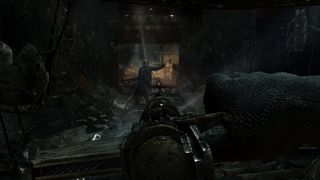
While combat inevitably comprises the shooting of guns from a first-person perspective, an hour of Metro is just as likely to play out through stealth, trading, exploration or flat-out, back-to-the-wall survival horror. And as with the first Metro, I’m talking proper “OhmigodhowthehellamIgoingtosurvivethis?” horror, not simply the shooting of monsters instead of men.
As for that shooting, it looks like Metro is very much in the emergent, player-driven combat camp. With much-improved enemy AI promised this time around to properly compliment the bounteous room for adaptation provided by the game’s wide, open, explorable combat arenas (not to mention the host of options served up by the game’s eclectic weaponry and stealth possibilities), when Metro offers up a fight, it should be very much your fight, not one that the developers have choreographed.

In fact that element is a decent allegory for the whole game’s philosophy really. With one, long, unbroken journey, a lack of developer dictation, and a raft of decisions to make at every step of the way with both short-and long-term consequences abound, Metro looks like it’s going to be your adventure through and through. And ye gods, is that a refreshing prospect.

Legend of Zelda shippers are on serious hopium over Tears of the Kingdom's new voice memories, thinking one might possibly solidify ZeLink as canon

I played The Legend of Zelda: The Wind Waker on Nintendo Switch 2, but it's a bittersweet reminder that we're not getting the game at its best

